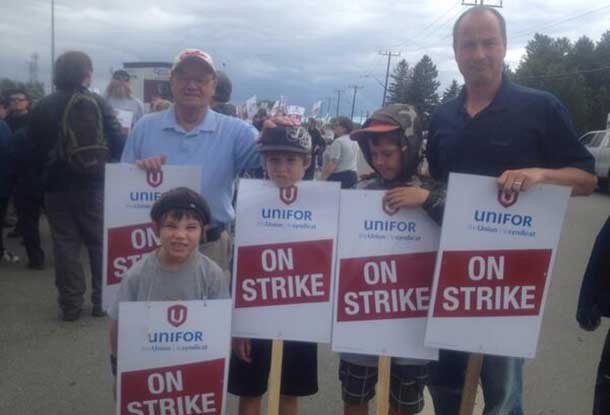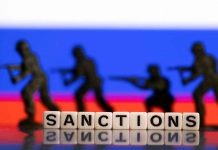
HALIFAX, N.S. – Analysis – To help First Nations convert more of their land into urban reserves, the federal government has decided to improve its Additions to Reserve (ATR) policy. It’s a step in the right direction but more can be done to enhance the economic benefits.
Urban reserves are First Nation-owned land designated by Ottawa. They come complete with tax exempt status and offer significant economic and fiscal benefits to First Nations, regional economies and local governments. That was the conclusion of a 2014 study undertaken by Fiscal Realities Economists on behalf of the National Aboriginal Economic Development Board. It looked at six First Nations near urban locations.
The study also found that more benefits could be realized sooner by First Nations and nearby municipalities if urban reserves are completed sooner.
However, one Atlantic indigenous community has discovered greater economic benefits in keeping land outside the reserve system, owning it outright in fee simple estate. Fee simple is the highest form of property ownership in Canada – land can be sold or transferred to anyone and pledged as collateral for loans.
Fee simple, or what we simply understand as the free market, exists everywhere in Canada except on reserves. That helps explain why reserve economies struggle, since that land is typically held collectively.
Despite the economic benefits of tax-free urban reserves, they too are held like a socialist collective.
In 2012, Manny Jules, chief commissioner of the First Nations Tax Commission, told the Senate Committee on Aboriginal Peoples that, “The problem with ATRs is that they make formerly productive lands unproductive by converting valuable fee simple land into Indian reserves. Reserve lands are generally about one-10th as productive as other lands in Canada. They are subject to systems of governance and land tenure that make it very difficult to do business or attract investment.”
Membertou, a Cape Breton indigenous community, has kept some lands as fee simple rather than reserve. The Chronicle Herald reported in September 2015 that Membertou had no plans to convert its new commercial development into reserve lands. For some First Nations, then, conducting business in Canada’s market environment rather than holding land communally is more beneficial even after taxes are paid on the economic activity.
“One of the big reasons is if you leave it as Membertou Development Corp. lands, you could use that land as collateral for any financing or loans,” said band senior adviser Dan Christmas. “If we converted it to reserve lands, we couldn’t use it as collateral and that severely limits your ability to borrow.”
Mike McIntyre, Membertou’s financial officer, said keeping the land as non-reserve makes it easier to attract outside investors. That means more growth, jobs and opportunity for First Nations and non-First Nations alike.
Christmas said there is a loss of value inherent in converting productive lands into reserve lands, given that the community generates so much revenue by leaving it in fee simple. Paying taxes, he said, is a cost of doing business.
Deciding if an indigenous community wants land as fee simple or reserve depends on how much economic value can be derived from the land and how taxation plays into that.
Membertou is an example of an economically-successful indigenous community that has leveraged its urban location in the market economy. It’s slowly becoming self-sufficient from federal transfers.
What’s to say other indigenous communities can’t emulate their success?
The band is demonstrating why First Nations should have the choice to hold lands as tax-free urban reserves or as fee simple to maximize the value.
Indigenous communities across Canada need as many ways as possible to develop economically.
Economist and Nobel laureate Milton Friedman said free markets solve many problems that confound bureaucracies. Greater wealth and opportunity are created in societies that embrace markets rather than those with centrally-planned economies.
Providing more economic tools allows First Nations to decide for themselves the best development path. They should be free to choose how best to improve their lives.
Joseph Quesnel is a research fellow at the Atlantic Institute for Market Studies.
© 2016 Distributed by Troy Media
The views, opinions and positions expressed by all columnists and contributors are the author’s alone. They do not inherently or expressly reflect the views, opinions and/or positions of NetNewsledger.com.






